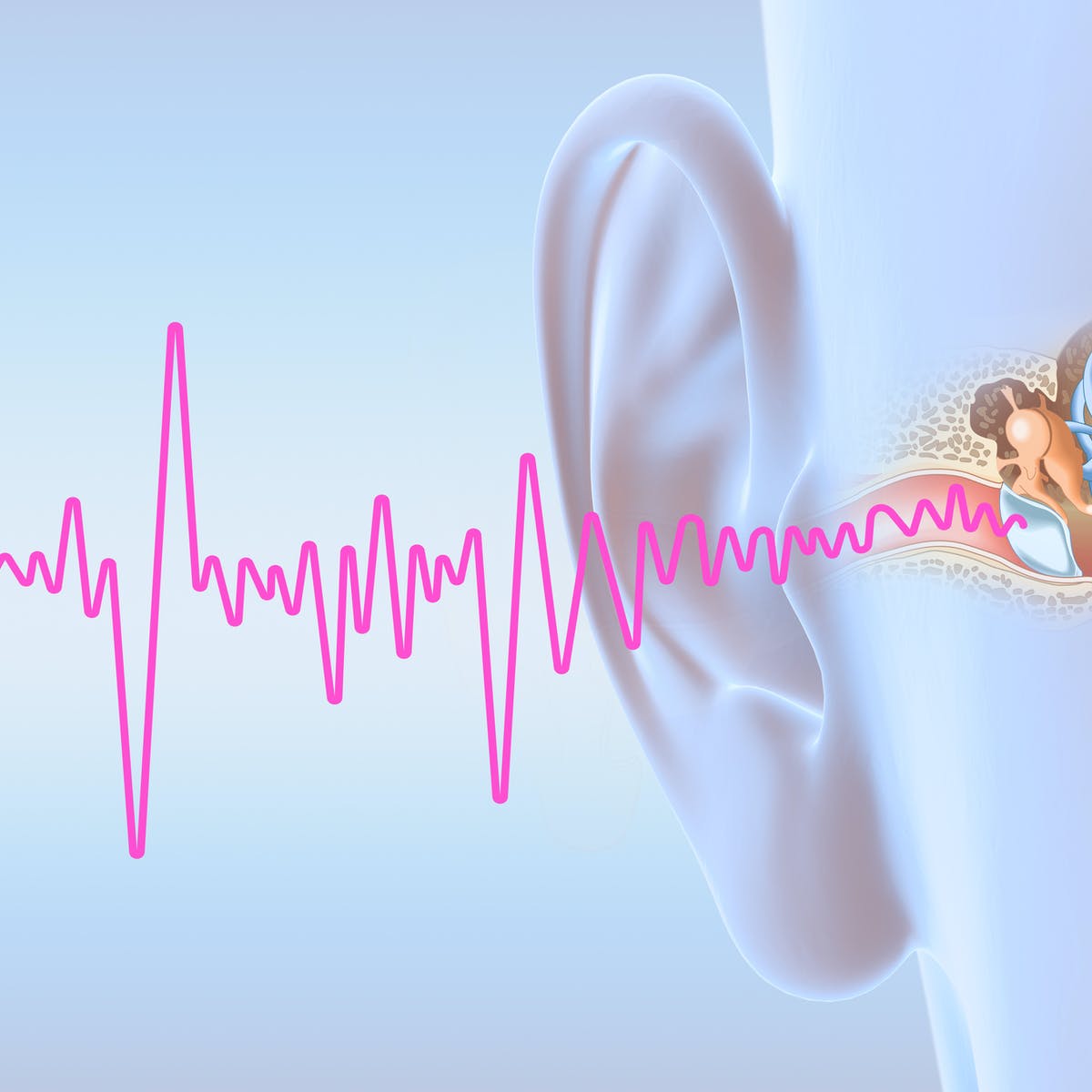
What is Tinnitus?
Tinnitus is the medical term for the buzzing or ringing noise one hears in the ears. People report different kinds of sounds that vary from ringing to roaring, buzzing, whistling, hissing, etc. The patient only hears such sound internally and can be a frustrating experience. Sometimes, it interferes with the real sounds around the patient. In a long term, it may have adverse psychological effects on the patient and result in stress, anxiety, or depression. Tinnitus can affect people of all ages, however, it is a common occurrence in old age people.
Tinnitus is not a disease condition, but a symptom of another underlying pathology like age-related hearing loss, ear injury, circulatory system disorders, and neurological conditions.





